Leadership Styles and Theories: Case Study and Analysis
VerifiedAdded on 2023/01/09
|10
|424
|51
Report
AI Summary
This report delves into various leadership styles and theories, examining their application and impact on business outcomes. It begins by defining leadership and highlighting the qualities of a good leader, emphasizing the importance of timely decision-making. The report then explores different leadership models, including the Great Man Theories and transformational leadership, discussing their core principles and characteristics. Furthermore, it analyzes the impact of different leadership styles, such as autocratic, delegative, and laissez-faire leadership, and specifically investigates their influence on the context of Facebook. The conclusion underscores the significance of leadership in driving business success and recommends the adoption of appropriate leadership styles tailored to specific organizational needs. References to relevant research are also included.
1 out of 10

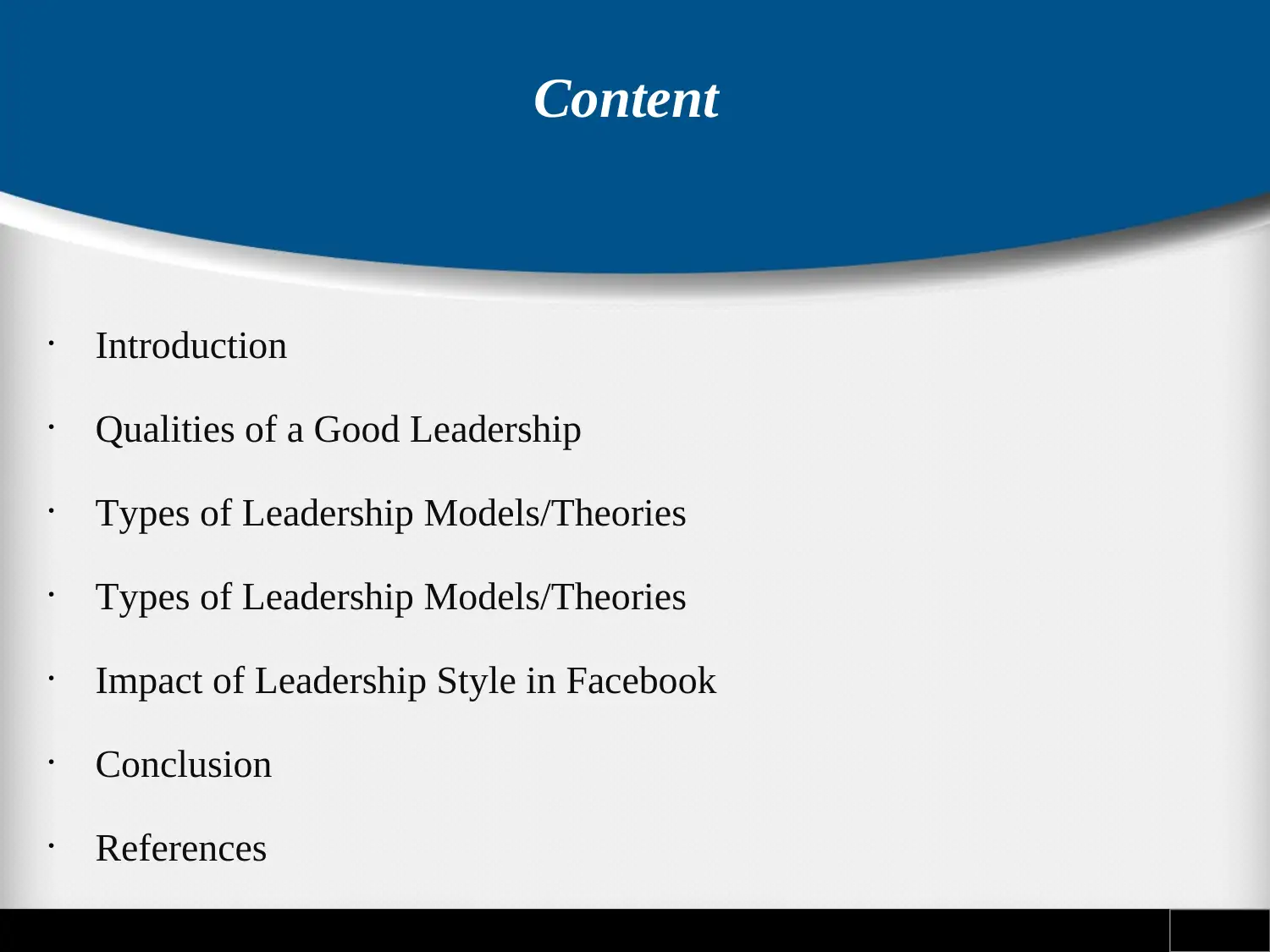
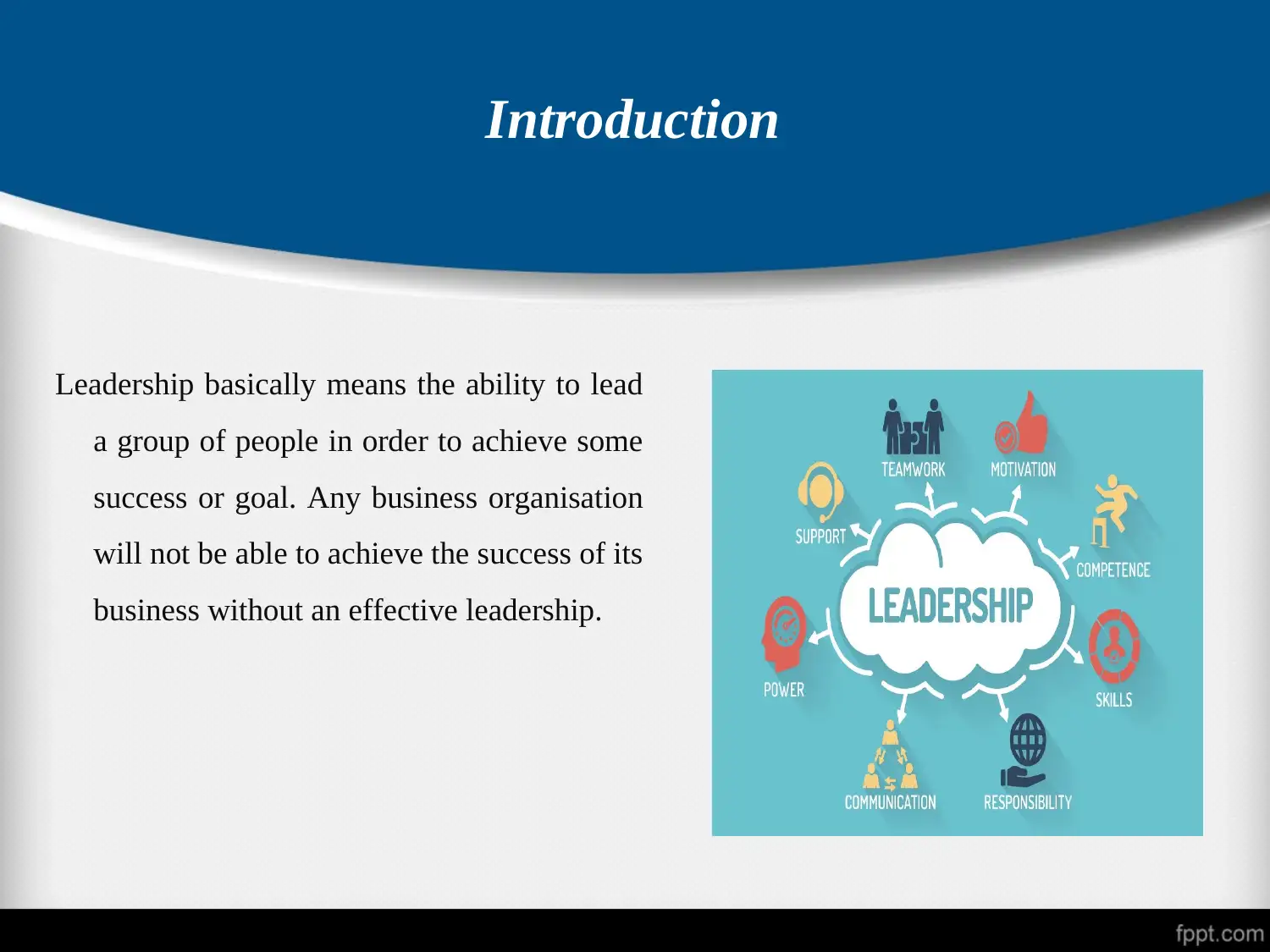

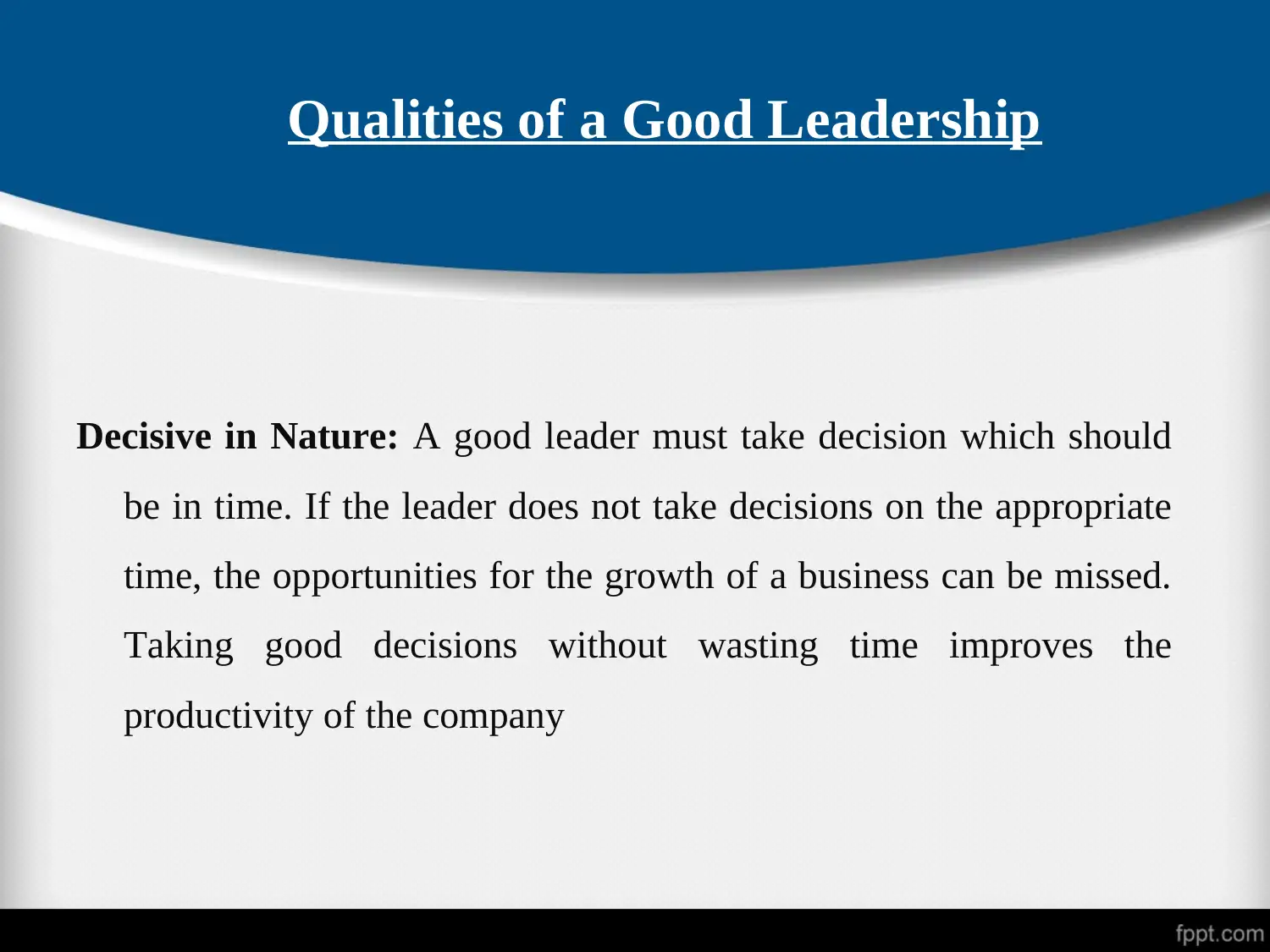
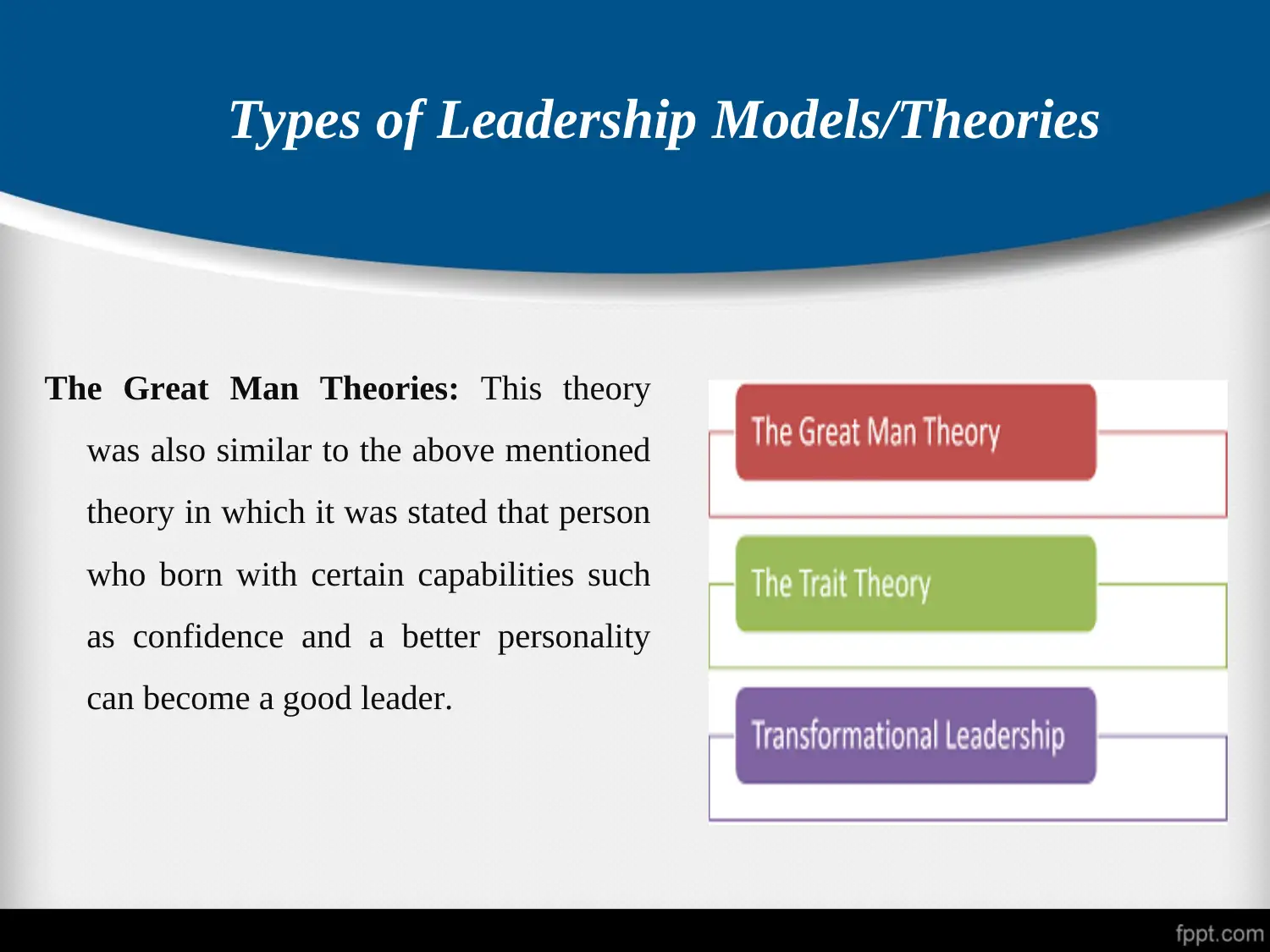
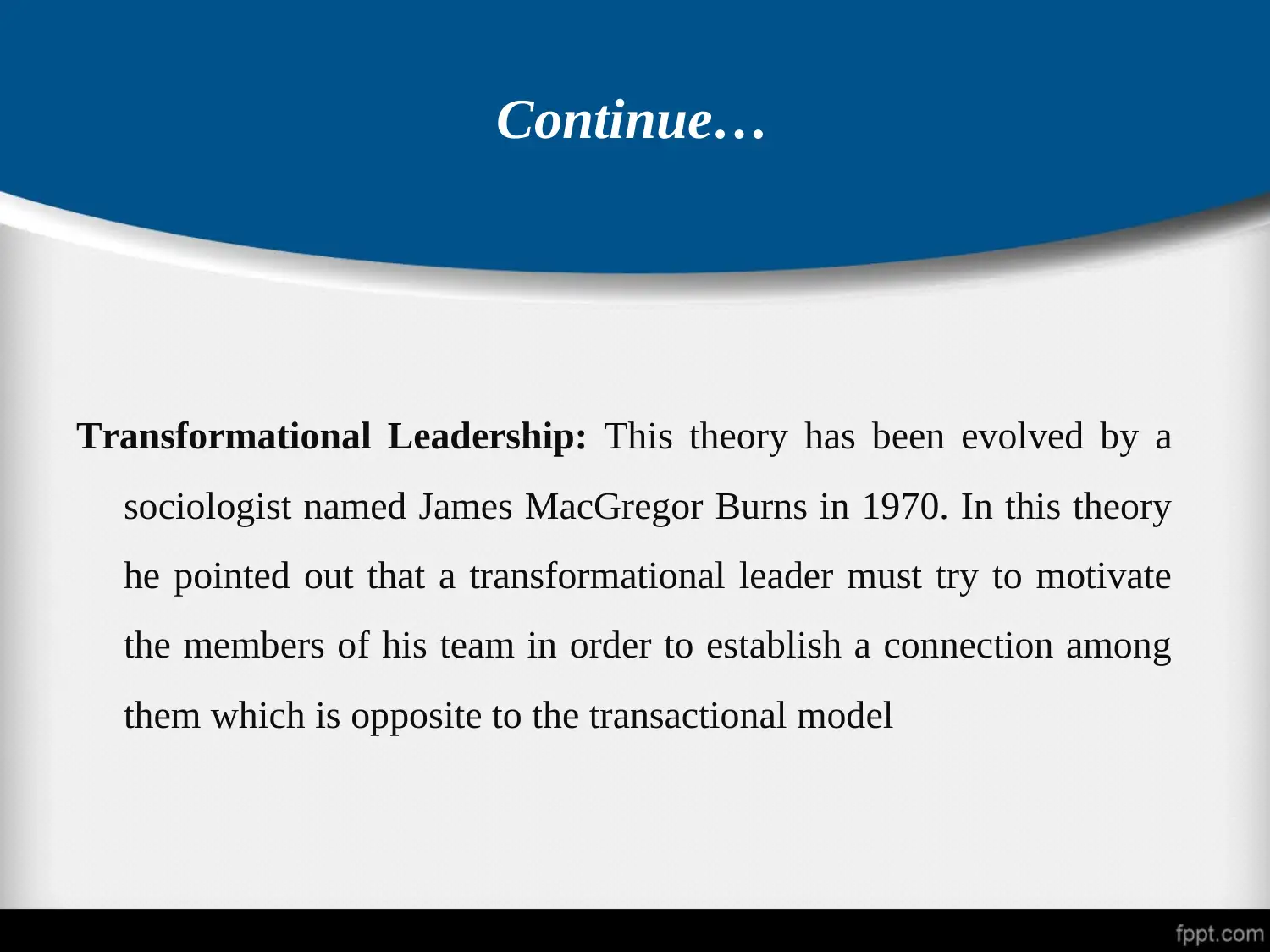
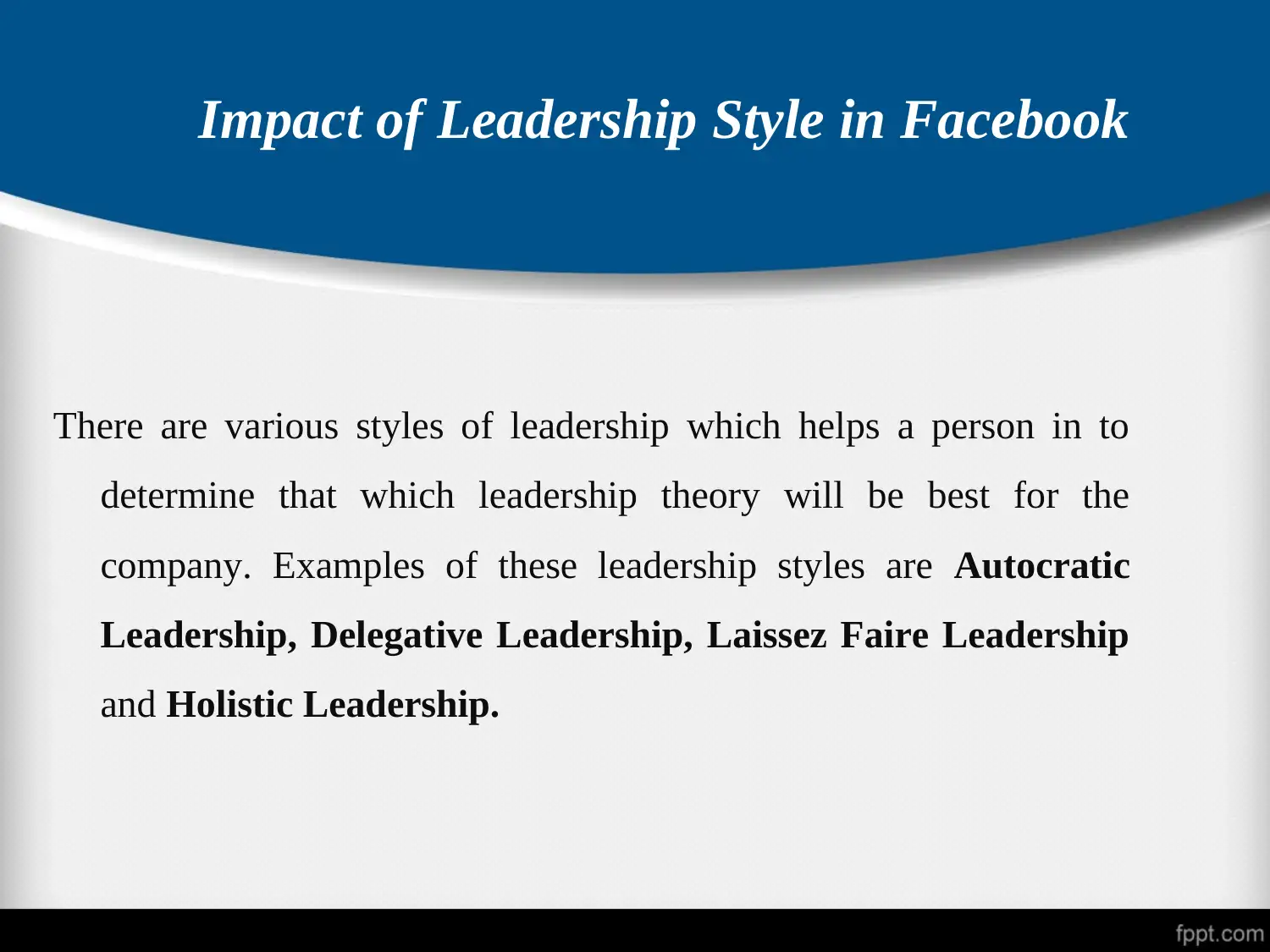
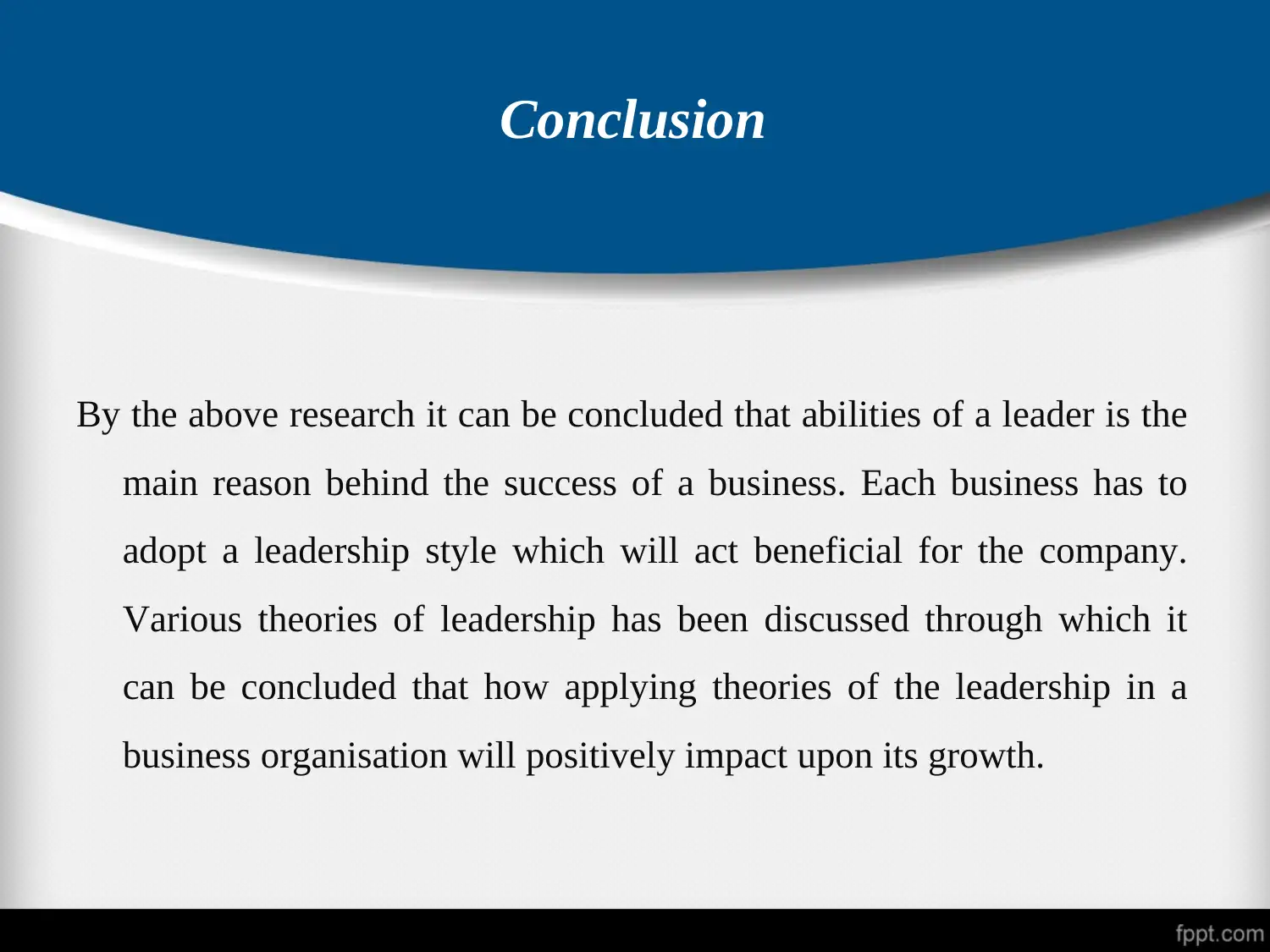
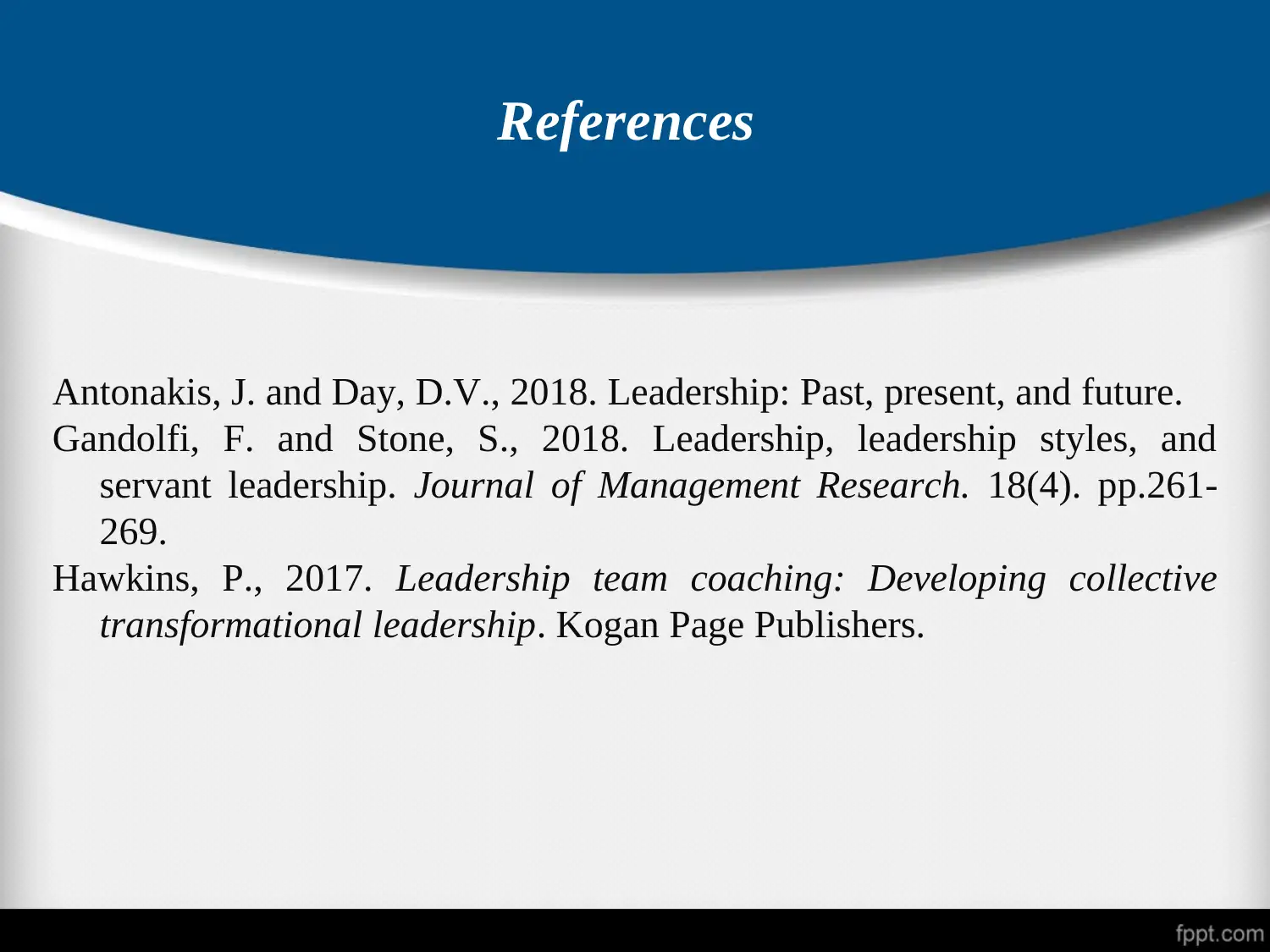







![[object Object]](/_next/static/media/star-bottom.7253800d.svg)